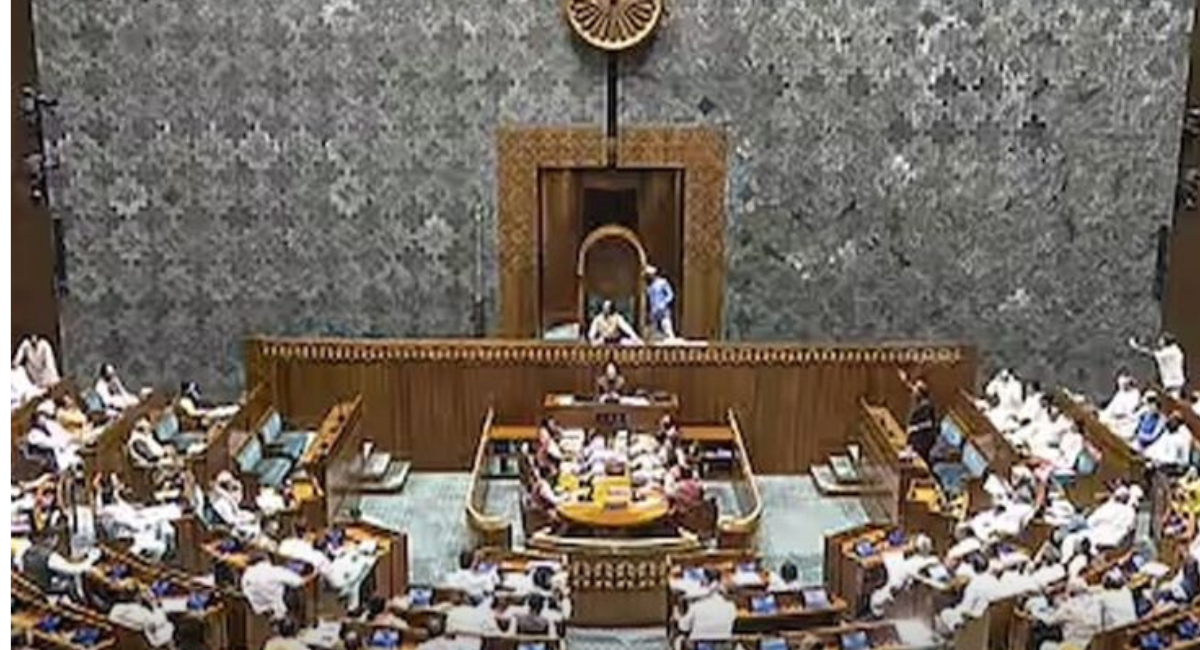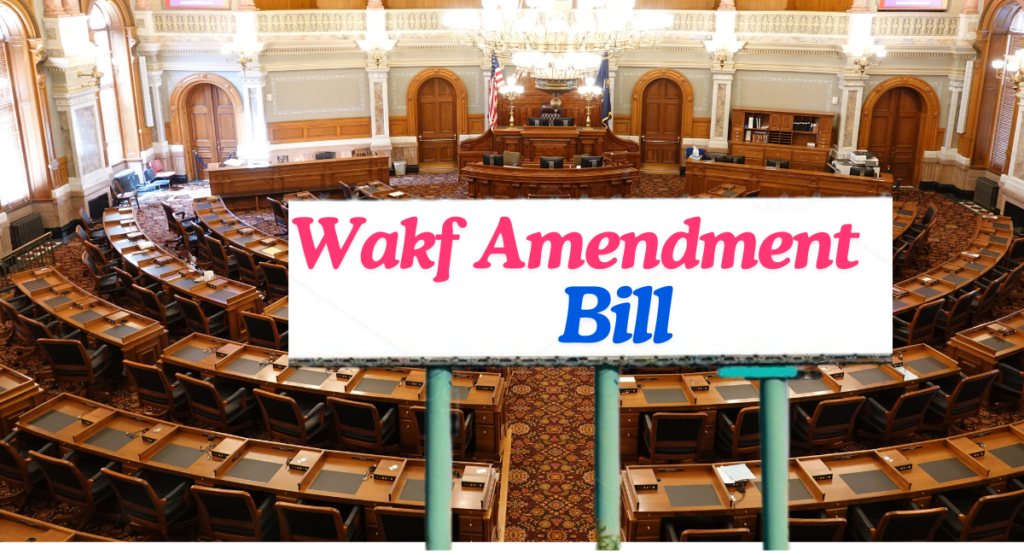What is the Wakf Amendment Bill?
The Waquf amendment bill, brought forth in the year 2024, basically redesigns the standard features of Waqf properties-situated mosques, shrines, and lands-from management within India.
The government claims it is purely a question of transparency: with digitization of records, inclusion of non-Muslims on the boards, and an increase in say from district collectors. Proponents further argue that it has the potential to put a stop to the high corruption in the waqf boards, which handle huge assets throughout the country. Here, this bill is not a paperwork event; it is personal in Kashmir.
What upset them? For the records, the Waqf properties are more than real estate; they are life cords. The Waqf Board manages more than 30,000 properties in Jammu and Kashmir, ranging from schools to shops to families.
Changes like outsiders on boards made by this bill read as a power grab to most. Critics or even the Wakf Amendment Bill Opposition have stated it meddles in religious affairs, a sensitive line in a region still raw from Article 370 repeal in 2019.
Even at the national level, it is hotly debated. Muslim organizations call it an attack on their autonomy, but BJP considers it modernization not malevolence. But for Kashmir, every change in policy is weighed in history against loss of control.
The Wakf Amendment Bill Opposition has been about more than this law; it has been about trust. And at this very moment, the trust is razor-thin.
Why is Kashmir Opposing the Wakf Amendment Bill?
Opposition to the Wakf Amendment Bill in Kashmir stands against Chief Minister Omar Abdullah. He called it “targeted attack on Muslims,” a bold statement that rallied the region.
Fresh from winning the elections for 2024, Abdullah viewed this as an opportunity to show that the National Conference still fights for Kashmiris. For him, it is not just policy—it’s about safeguarding a community that already faced the brunt of an overreaching center.
These are the locals. The Waqf properties are not mere assets, they are history, faith, and survival. For instance, a shopkeeper in Srinagar renting out Waqf land: this bill will probably turn his life topsy-turvy.
Income of the Wakf Amendment Bill Opposition touches the deeper fears-Kashmir has already witnessed the gradual erosion of its autonomy post-2019. Adding non-Muslims into the decision element of Waqf boards or collectors is just another step toward losing what is theirs. This is personal, not abstract.
Then there is politics. Abdullah’s stand is not just for noble reasons but is also strategic.
By leading the Wakf Amendment Bill Opposition, he was even rebuilding trust with voters who felt abandoned in the past.
Also other parties like the PDP, joined him, as this is a rare opportunity for them to come together against New Delhi. In a region where every law’s become the battle zone, this opposition is less about the details of the bill and more about shouting, ‘We’re still here’.
Political Implications of the Wakf Amendment Bill Opposition
The Wakf Amendment Bill Opposition is resonating throughout the political corridors of Kashmir. In the short run, there is an advantage to the regional parties. The National Conference and Omar Abdullah frame it as a David-Goliath struggle against the BJP and attempt to win friends in the process. Even adversaries like the PDP are jumping into the fray, hinting at a rare coming together. This is a loud signal-Kashmir won’t take anything lying down.
Long term, though, it is a gamble. If it were passed, the Wakf Amendment Bill Opposition would create deeper suspicion among locals against New Delhi and trigger agitation or something worse. If rejected, it increases the stature of Abdullah-a leader who stared down a giant and won. The battle lays bare the limitations of the Legislative Assembly created by the 2019 Reorganization Act. Real power is still with the Lieutenant Governor, and that sticks in the craw.
That one’s a headache for the BJP at the national level. Their “new J&K” peace, progress, and integration narrative takes a bruising when met with the Wakf Amendment Bill Opposition’s label of coerciveness. Armed with Abdullah’s resolve, Kashmir’s MPs intend to challenge it in Parliament. Win or lose, this episode will reshape alliances and raise a big question: Can Delhi push forward reforms without breaking what little is left of Kashmir’s trust?

The Future of the Wakf Amendment Bill in Kashmir
What will happen next to this Wakf Amendment Bill Opposition? Now, Kashmir MPs are gearing up for the attack in the Parliament. Abdullah vowed to fight tooth and nail, banking on the national allies to stall or scrap it. The bill’s fate lies on numbers-BJP’s got muscles but opposition parties smell blood. Kashmir’s voice, however, small, might tip tight votes.
By the ground, the Wakf Amendment Bill Opposition isn’t fading away. If it passes, expect backlash-protests, legal challenges, maybe even a Supreme Court case. Kashmiris have a knack for resilience; this wouldn’t be their first rodeo. If it’s defeated, Abdullah emerges stronger, but the underlying tension stays. Waqf or not, the bigger issue-central control-won’t disappear.
Next, it can either be a game-changer in Kashmir’s political playbook or lead to wider ripples of resistance against Delhi’s various policies-most obviously statehood and land laws. Or even put more issues on the table-such as upward exceptions like those for J&K. However, one thing is clear as April 2025 unfolds: this will not be about a bill only. This is about who gets to shape Kashmir’s future.

